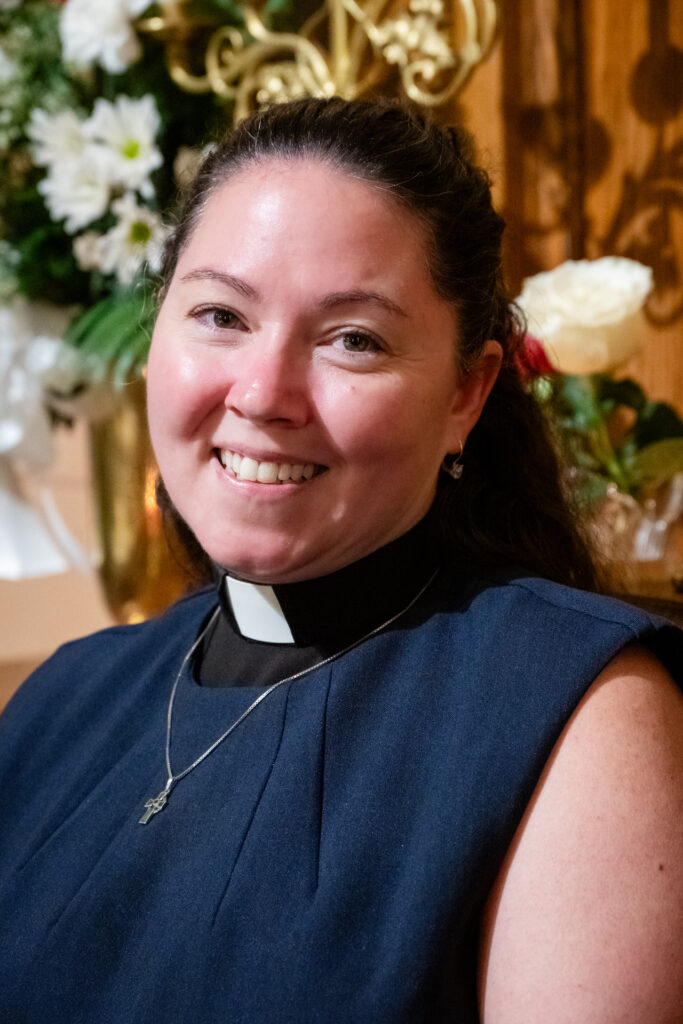The Quandary of Discipleship


Editor’s Note: Pastor Megan Ann Shaffer is writing for Lutheran CORE for the first time. She is an NALC pastor in Pennsylvania.
“Ugh, discipleship is so law-based.” Sadly, I frequently hear this as a disciple-maker. Quite frankly, I can understand why people hold such a position, which results in their hesitancy as Lutherans to begin making disciples intentionally.
However, this interaction got me thinking. What causes such hesitancy and resistance to discipleship? One answer is easy. For years, outreach and evangelism were a silo within the church. Tasks that fell into either of these areas were often left to a team and/or the pastor. As times have changed, that approach no longer works for most congregations. Gone are the days when we could safely assume our neighbors were Christian. Now such assumptions are invalid due to the diversity of our communities.
Secondly, individual faith in America has been a matter of privacy for hundreds of years. My grandmother taught me that there are two topics you do not discuss at a dinner party: politics and religion.
Additionally, Lutherans face another layer of complexity due to the proper distinction between law and the Gospel. As those justified by faith in Christ rather than by good works, we proclaim the Gospel. Why would we focus on something that could trap our parishioners in the cycle of the law?
As disciple-makers, we have a strong tide to swim against while working to reshape the culture in which we live—if we are truly going to live out our vocation to follow Christ’s command to go and make disciples of all nations. It’s a lot to think about, so where does one begin? That was the question I found myself asking as I began my call to a congregation eager to grow. Taking all of these and many other factors into account could easily have overwhelmed me.
When faced with something overwhelming, my seminary professors emphasized that those are the moments when we need to use our toolbox. As pastors and church leaders, we are blessed with a wealth of knowledge available to us in our Lutheran tradition and within the broader Christian community.
Recently, I listened to a podcast featuring an interview with Pastor Bill Hull, who commented on the relationship between preaching and discipleship. He stated what my Lutheran homiletics professors taught me: how we preach and the focus of our preaching forms our parishioners. The idiom ‘you get what you give’ perfectly sums it up. Pastors preaching legalistic sermons form legalistically focused Christians. Likewise consumeristic preachers shape consumeristic Christians, and so on.
What Bill is saying makes sense: “If you want your parishioners to understand their identity as disciples, you must preach the Gospel accordingly.” But what made even more sense was what he said next: “We don’t start the conversation on discipleship at ‘make disciples.’” How can we expect our flocks to go out and make disciples if they have not been discipled?
We don’t start the conversation on discipleship at ‘make disciples.”
Bill Hull, Discipleship pastor and author
As an example, when I was a child, my grandmother never told me to crochet an afghan. That would have been absurd since I had no knowledge of how to go about doing so. Instead, she sat down with me and showed me the basics. As I watched, Grandma demonstrated to me how she created each stitch. Additionally, she showed me how to seamlessly join colors, so they looked like they naturally flowed together. As she worked, I sat with her and would repeat aloud what she was going to do next. Over time, I tried out simple stitches with her help. Eventually, I could also work on my own and seamlessly join colors, so they naturally flowed into a functional piece of art.
Similarly, the goal of discipleship is to empower others to follow the Great Commission, as my grandmother taught me to crochet on my own. She did this by spending time with me. Christ invested in his disciples by spending time with them. Telling our parishioners to go out and do something they have no clue how to do absolutely produces hesitancy and resistance. Conversely, if one has some familiarity with a concept because they have heard about it, it is less intimidating. So consider priming the pump of discipleship by introducing it through preaching.


